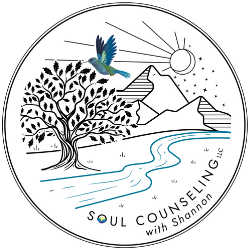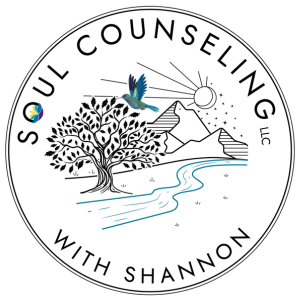|
The body is a history of your life, a reservoir of emotions, and holds the wisdom to access trauma in the safety of the present moment. Bottom-up approaches involve exploring emotionally visceral reactions to the external environment (such as circumstances that involve elements outside of your control). Often automatic, bodily reactions and sensations highlight the way you see the world around you, your schemas, possibly a reflection of conditioning from early developmental life stages, and likely a normal response to a real or perceived threat from a specific time in your life. In the context of complex trauma, feeling safe in the body may not be a reality just yet with a gap between how you show up and how you want to show up in the world. Making the leap into territory not yet familiar requires additional and continual effort for healthy, positive changes on the body and brain outside of trauma-related imprints. The Body Keeps the Score by Bessel Van Dek Kolk describes the physiological and neurological effects of trauma on the individual and society as a whole. It's not a quick and easy digest. It may take some time to process the material and visceral or emotional reactions may surface, please note any reflections if you decide to read the book. Bodily sensations that surface almost automatically in response to an external stimuli is a message worth paying attention to. Whenever a strong or intense reaction surface, pause and ask yourself -- is my reaction an accurate interpretation of the present situation or is it a reminiscence of an emotional wound that needs tending to? If it's the latter, know that you have options on how to respond. You have options reflecting the way you want to show up in the world instead of how you've been conditioned to. There are ways to feel safe, secure, and protected while open and vulnerable to meaningful connection with yourself and others. It requires neuroplasticity as well as flexibility in how you think and respond. Just as you can build flexibility in the body, your brain can become more neuroplastic to healthy ways of being with bottom-up approaches such as yoga, heart-centered hypnotherapy, EMDR, and inner child work. If you're interested in receiving integrative mental health care, schedule a free consultation.
Stay connected with Shannon — Instagram • Facebook • TikTok • LinkedIn
0 Comments
Your comment will be posted after it is approved.
Leave a Reply. |
Author ArchivesCategories |





 RSS Feed
RSS Feed





